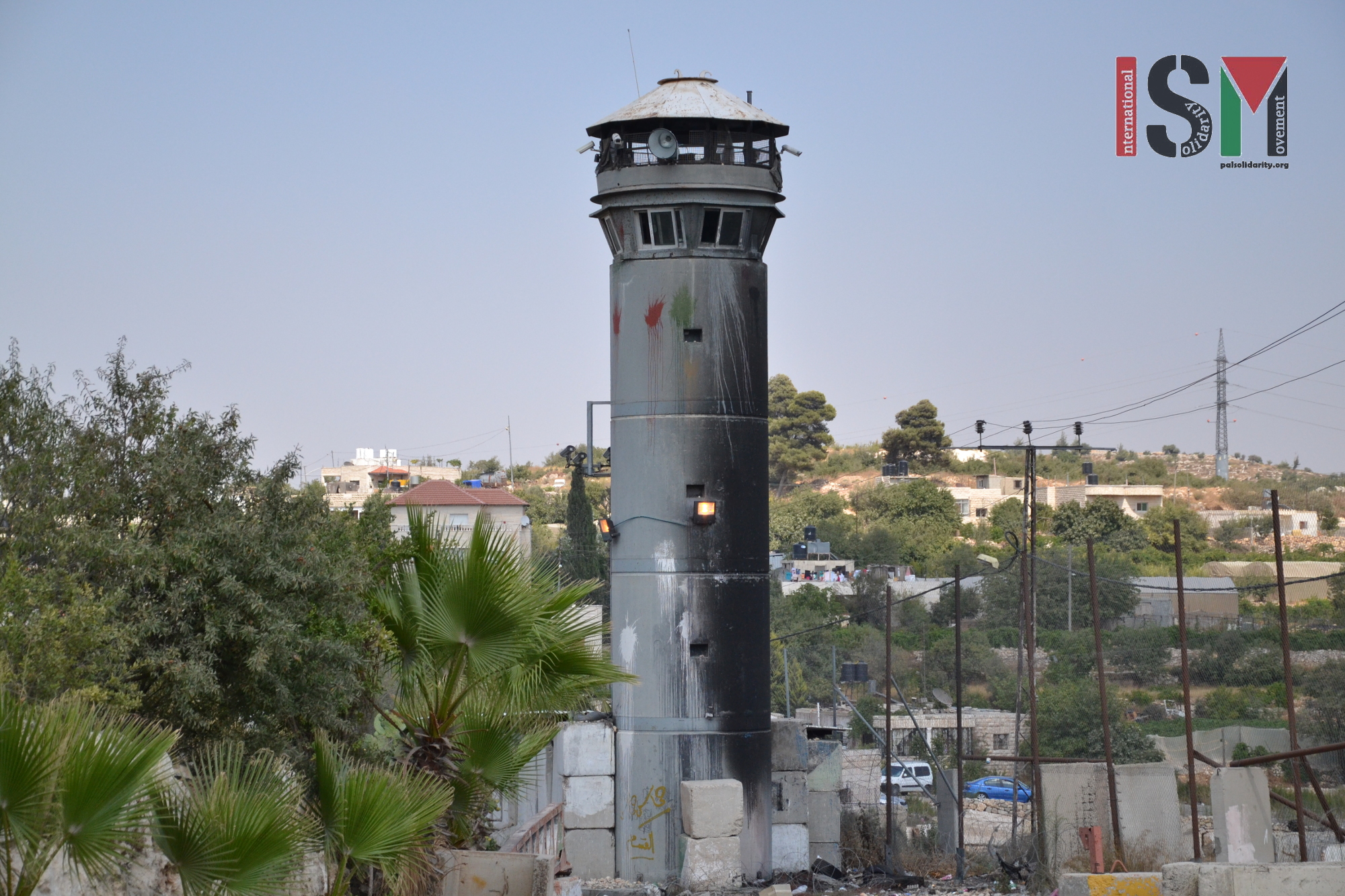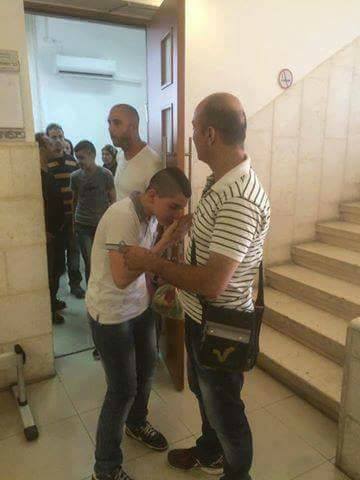Tag: Prisoner
-
10 Palestinians gunned down by Israeli forces in only 6 days
21st September 2016 | International Solidarity Movement, al-Khalil team | West Bank and ilegally annexed East Jerusalem, occupied Palestine Israeli forces in the occupied West Bank and ilegally annexed East Jerusalem have increased their use of excessive force against Palestinians – gunning down 10 Palestinians in only 6 days, killing seven of them. Medical neglect…
-
Beit Ummar’s children targeted by the Israeli army
30th July 2016 | International Solidarity Movement, al-Khalil team | Beit Ummar, occupied Palestine Beit Ummar, a small town outside of Hebron, has a population of just 18000 people, around 200 of which are imprisoned, with 6o of those being below 18 years old. These children are often in administrative detention for over a year…
-
Petition to free Shadi Farah
20th July 2016 | International Solidarity Movement, East Jerusalem | East Jerusalem, occupied Palestine ISM encourages everyone to copy and paste the letter below and send it to your Members of Parliament, Congresspeople, and other political representatives. To support Shadi and his family financially during this very difficult time, please see: https://palsolidarity.org/donate/ Dear Sir/Madame: I am…


